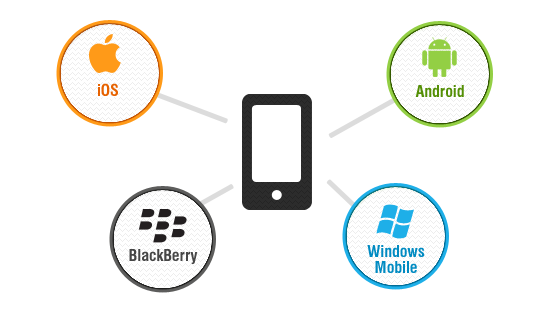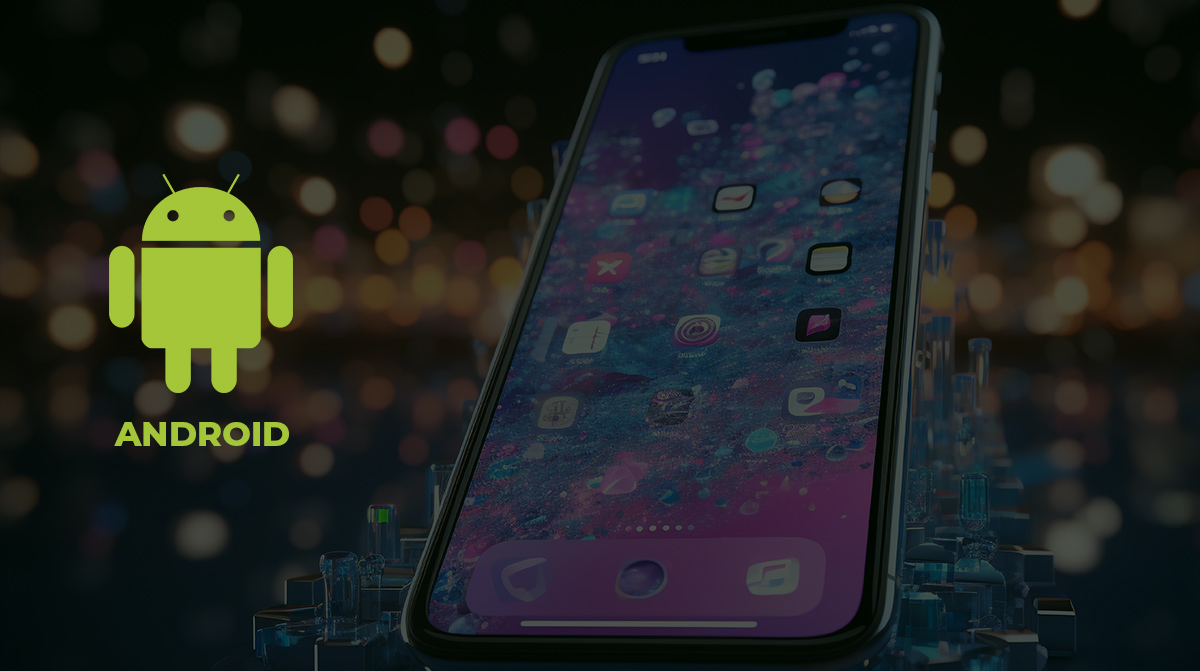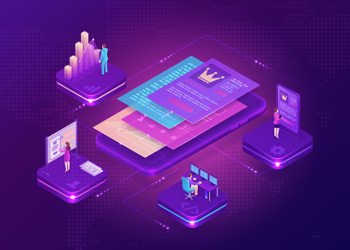Mobile application Development can help your business tap into a massive resource of millions of users and gives you the opportunity to convert them to loyal customers. More and more businesses are moving towards a mobile approach for their businesses. Let’s understand the types of mobile apps that businesses can leverage from based on functionality and technology.
Types of applications according to functionality
- Basic functionality apps – Businesses who want a simple app that displays all the relevant information and does not require any complicated functionality should go for basic functionality apps. They are straightforward and very basic.
- Database driven apps – The functionalities that are required beyond the basic table formats will require a database. For example you want to display various dog breeds and create various categories. Pulling data from a central database will help create the functionalities that you require.
- Games – You can create whatever you can imagine – with mobile games development. 3D effects and other user experience building apps can be created.
- Use of mobile hardware – Usage of phone functions like camera, GPS and alarm could help you create innovative an high performing apps for your business.
- Personalized Services – These types of apps allow user inputs and can process information base on user inputs.
- Fully Dynamic – Dynamic apps use information from external sources. Weather apps, Twitter are some of the striking examples of fully dynamic apps.
Other than these, mobile application development is a versatile field and can be used to develop anything that you can imagine! Hire mobile app developers to build an amazing app for your business today.
Types of mobile apps according to technology
- Native Apps – Every mobile operating system offers a SDK (Software development kit). This enables developers to build custom apps for the particular mobile development platform that is being used. Whether Android, iOS, or Windows Phones, these apps are programmed in the language used by the SDK. XCode or Objective C is for iOS, Eclipse or Java is for Android and C# and visual studio for Windows Phones.
- Mobile Web Apps – Server-side scripting languages like PHP and Node.js and ASP.NET can be used to build Mobile web apps. But unlike native apps, these do not support the usage of the device features and hardware. They cannot use the camera, GPS or accelerometer or even the local storage. They are completely web-based.
- Hybrid Apps – Hybrid apps are written in web technologies like HTML, CSS and Java Script. You can run these apps on various platforms. They can be made cross-platform compatible as they are not restricted to one particular programming language.
Related Articles
-
What Is The Role Of Movie Streaming Apps In Redefining Entertainment?
Audio-visual entertainment remains an essential element for everyone right through to adulthood and beyond. Whatever the sport or television series or movie is, we consciously make time for various programming
-
10 Steps To Publish An Android App On Google Play Store
Smartphones have become one of the most go-to gadgets for almost every user in the world. It’s increasing usage has led mobile apps in expose app businesses to a significant
-
Will Key Mobile App Design and Development Strategies Rule the World?
In this realm, there’s no single organization in the Mobile and Wireless industry that has started their business to conclude it soon. All of them must have had a dream




